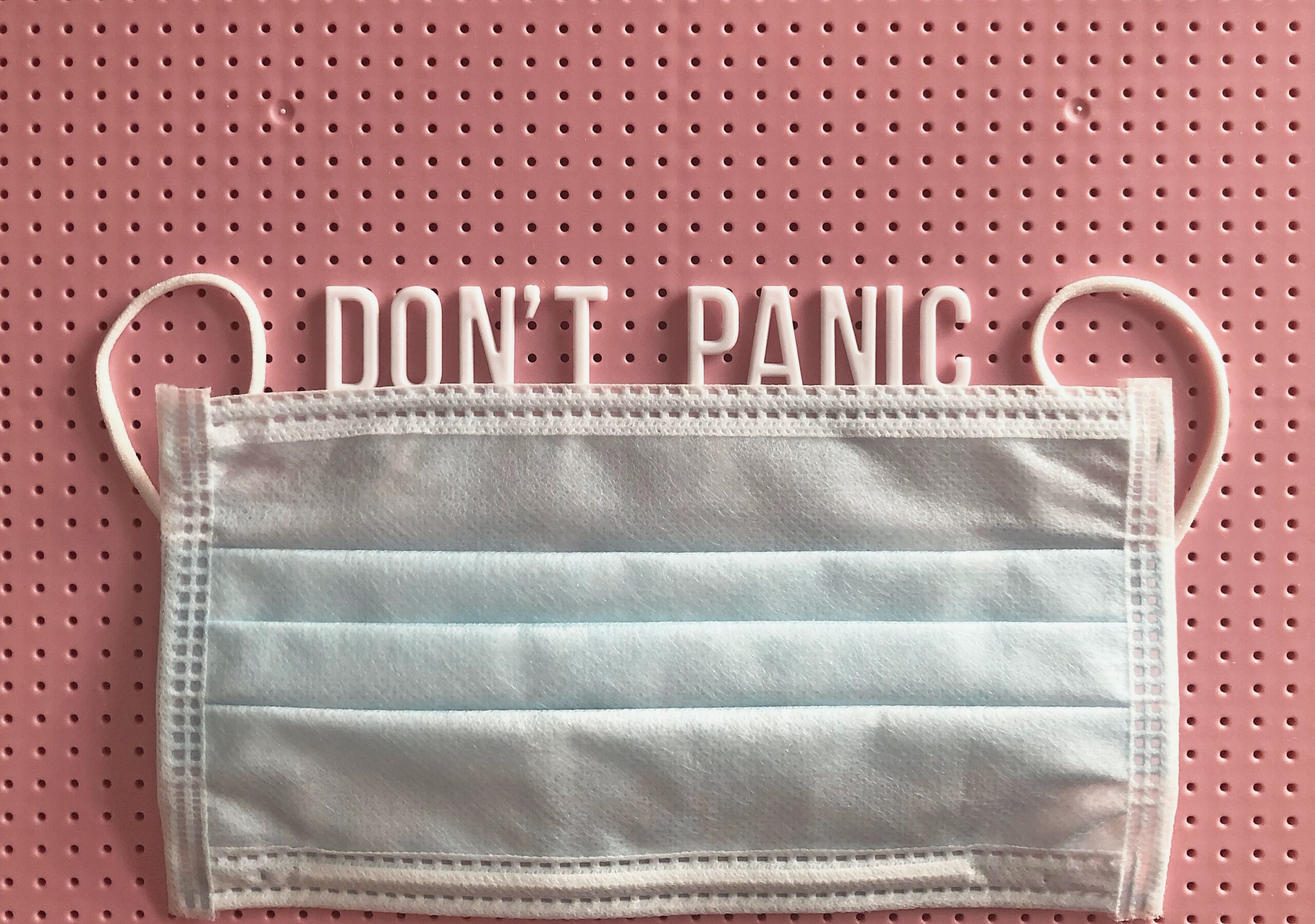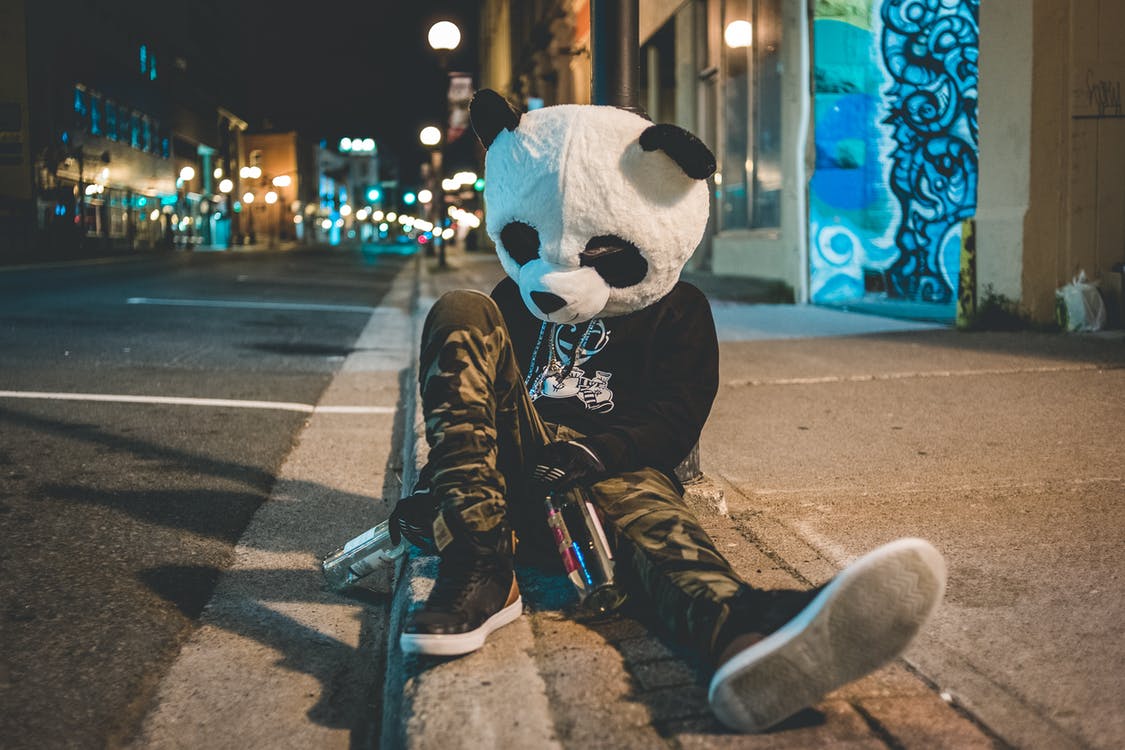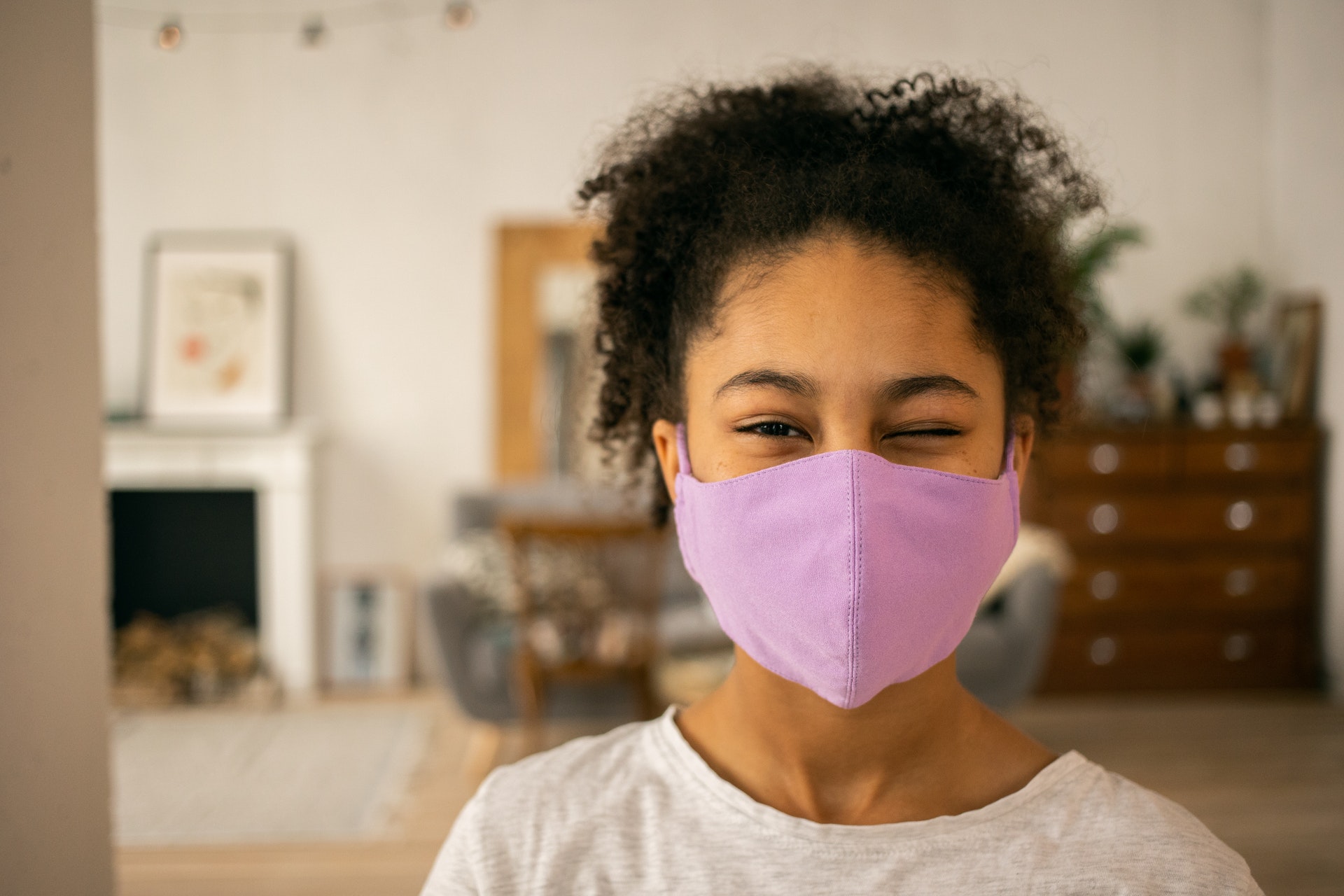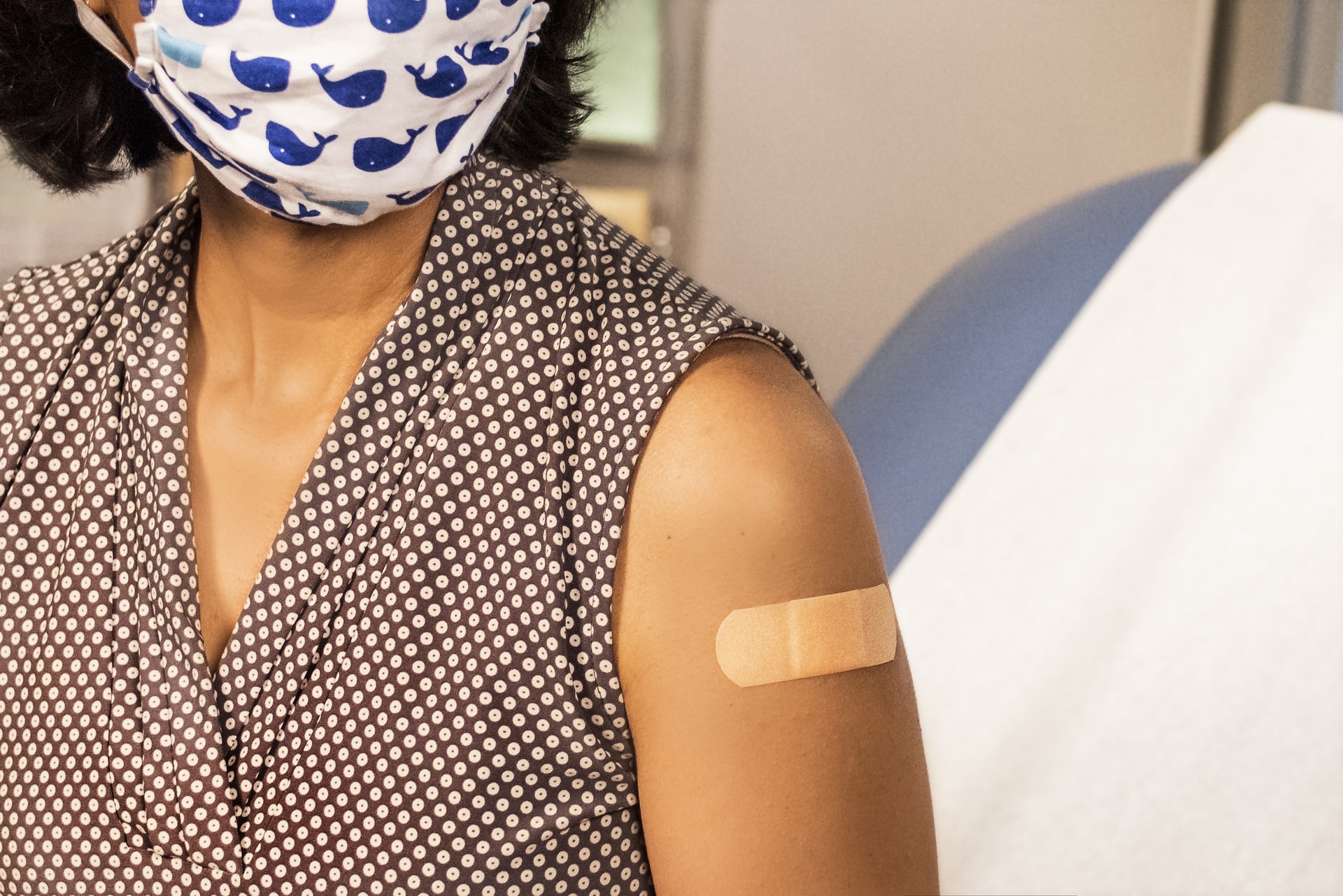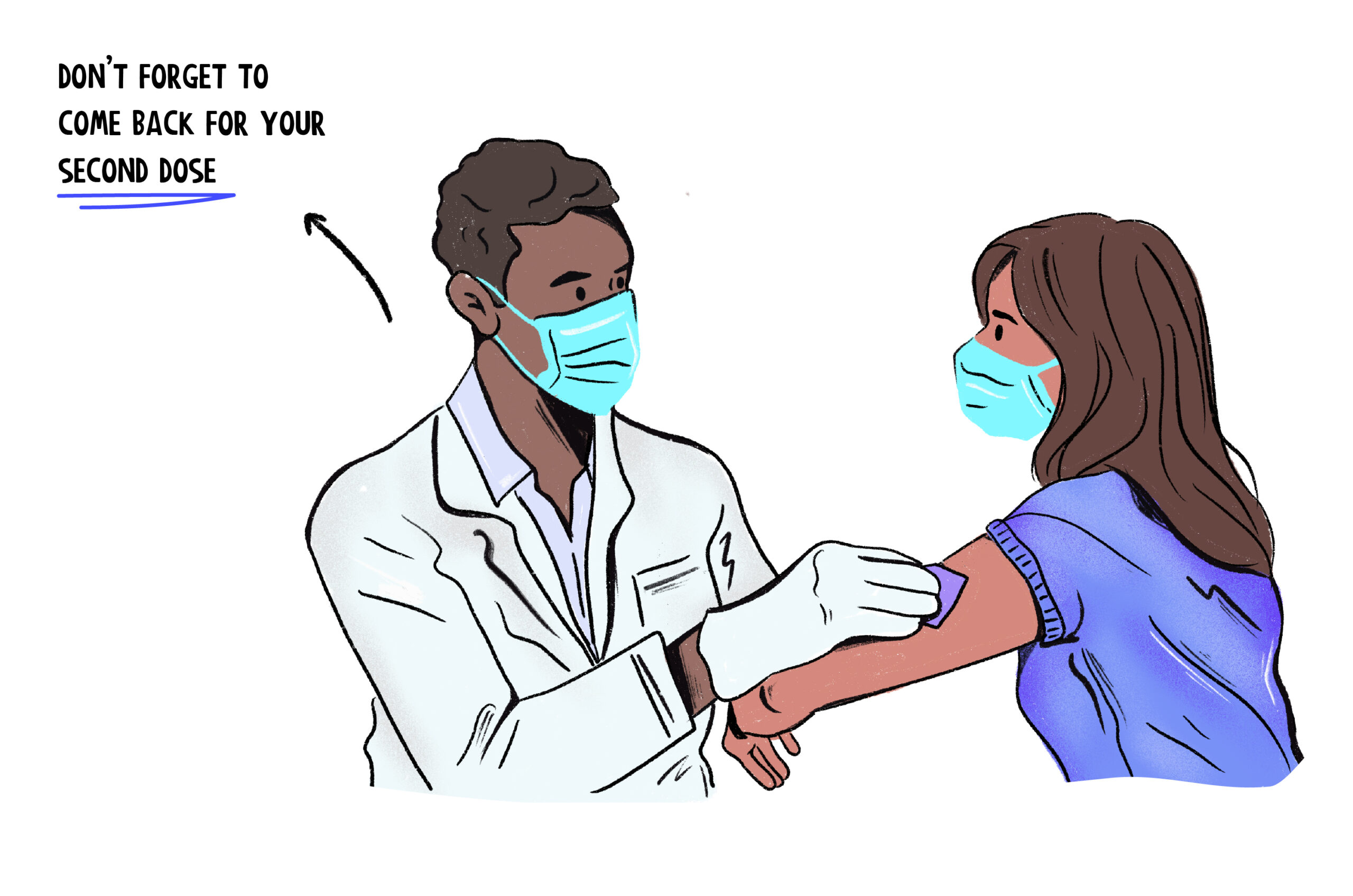This post has been reviewed by Dr Varun Bhaktarahalli Renukappa, MBBS, MD, CCEBDM.
Fear around monkeypox is not unfounded, especially when we are still coming to terms with Covid-19. This fear can fuel many questions, but it can also trigger the spread of false information.
It is most important to arm yourself with the right information from credible sources (such as doctors, government data, verified news, and medically reviewed articles) to take the right precautions and care for yourself and your loved ones.
Here is everything you need to know about monkeypox in one place.
What exactly is monkeypox?
Monkeypox is an infection caused by the monkeypox virus. This virus belongs to the same family of viruses (variola virus) that causes smallpox. Symptoms in both diseases are similar, but monkeypox is milder and in most cases, not fatal.
Monkeypox is a zoonotic virus where the infection passes from vertebrate animals to humans or from humans to vertebrate animals.
Is Monkeypox deadly?
The illness typically lasts 2-4 weeks, and most people recover from monkeypox in a few weeks without treatment. But severe cases can occur leading to death.
Why is it called monkeypox?
In 1958, scientists discovered two cases of pox-like diseases in monkeys in a research lab in Africa. The origin of the disease may not actually be monkeys. Some believe the original host to be African rodents. But these along with non-primate humans (monkeys) and humans can be carriers of the virus and infect others.
Is monkeypox another pandemic like Covid-19?
While Covid-19 is caused by the SARS-CoV-2 virus, monkeypox is caused by the variola virus or the orthopoxvirus genus.
The SARS-CoV-2 virus spreads through aerosols (tiny airborne droplets) whereas monkeypox spreads from close contact with bodily fluids. Both viruses trigger flu-like symptoms, but monkeypox also causes enlarged lymph nodes and fluid-filled scars on the face, hands and feet.
Monkeypox is not new, and outbreaks have been quite common in regions in Central and West Africa. Its recent spread to other continents has caused speculations of it becoming a pandemic. However, the cases of monkeypox are not large enough to be considered a pandemic. Also, the source of the present outbreak is mostly from the West African clade which is considered to be less harmful than the Central African clade.
How does monkeypox spread?
It is important to note that monkeypox does not spread easily.
According to the Centers for Disease Control and Prevention (CDC), monkeypox can spread in the following ways:
- Direct contact with monkeypox rash, scabs, or body fluids from a person with monkeypox.
- Touching objects, fabrics (clothing, bedding, or towels), and surfaces that have been used by someone with monkeypox.
- Contact with respiratory secretions.
- Contact with lesions around genital areas.
- Hugging, massage, and kissing.
- Prolonged face-to-face contact.
- Touching fabrics and objects during sex that were used by a person with monkeypox and that have not been disinfected, such as bedding, towels, fetish gear, and sex toys.
- A pregnant person can spread the virus to their fetus through the placenta.
Is monkeypox an STD?
Close contact during sexual intercourse is one of the ways monkeypox is spread. But as of now, sexual intercourse is not the reason for the transmission. As such monkeypox cannot be considered an STD.
What do the symptoms look like?
The incubation period (infection to onset of symptoms) is 1–2 weeks.
According to the CDC, people who contract monkeypox experience the following symptoms:
- Fever
- Headache
- Muscle aches and backache
- Swollen lymph nodes
- Chills
- Exhaustion
- Respiratory symptoms (e.g. sore throat, nasal congestion, or cough)
- A rash around the mouth, upper arms, neck, and legs. In some cases, they may also appear near the genitals (penis, testicles, labia, and vagina) or anus.
- The rash will go through several stages, including scabs, before healing.
- The rash can look like pimples or blisters and may be painful or itchy.
Symptoms show within 3 weeks of exposure. If a patient experiences flu-like symptoms, they usually develop a rash 1–4 days later.
Do I have to quarantine if I catch monkeypox?
Yes, you must isolate yourself (from people and pets) if you experience symptoms. The disease lasts from 2–4 weeks so you must quarantine till skin lesions show signs of healing.
During this period, you must stay away from everyone and completely avoid sharing clothes, bedding, and dishes. Patients should also not engage in sex during this time.
Contact your doctor immediately if you exhibit monkeypox symptoms.
Monkeypox can spread to pets too. Please keep them away safely with another caretaker if you are isolating yourself.
PSA: Do not abandon your pets or harm them due to the fear of catching monkeypox. Contact a veterinarian to best take care of pets in this situation. For more information, read this.
Is there a vaccine for monkeypox?
There is no specific vaccine for monkeypox infections. But given that smallpox and monkeypox are genetically similar, antiviral drugs and vaccines for smallpox may be used to prevent and treat monkeypox.
Experts are closely studying the disease that has taken over the news media. We will update this page with more information as we get it.
If you are an Even member and have more questions about monkeypox or if you are feeling anxious about the disease, please text your personal care team. Your team of doctors and specialists will put your worries to ease. 🙂

